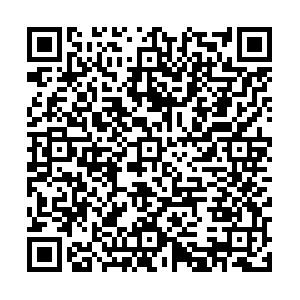Study on the relationship between social support and health education services utilization among uban elderly
-
摘要: 目的 探索城市老年人社会支持与健康教育服务利用之间的关系。方法 通过两阶段随机抽样,选取北京市东城区1 530名65岁及以上老年人进行问卷调查,并借助安德森模型分析其社会支持与健康教育服务利用之间的关系。结果 调查对象健康教育服务的利用率为61.9%,社会支持得分M(P25,P75)为35.00(31.00,40.00);随着社会支持的增加,老年人健康教育服务利用率也随之上升(趋势χ2检验Z=-6.74,P<0.001)。有序Logistic回归结果显示,在扣除了其他因素等的影响之后,较高的社会支持是老年人利用健康教育服务的促进因素,与社会支持得分下四分之一者相比,其他各组老年人经常利用健康教育服务的OR值分别为1.65(P=0.001)、1.99(P<0.001)、2.72(P<0.001)。将社会支持拆分为三个维度再次进行有序Logistic回归分析,结果显示客观支持水平越高,对支持的利用度越好,经常利用健康教育服务的可能性越高。结论 城市老年人社会支持的多少对其利用健康教育服务具有显著影响,在社会支持尤其是客观支持与对支持的利用度方面的干预具有重要意义。Abstract: Objective To examine the relationship between social support and health education services utilization among urban elderly. Methods A total of 1 530 old people aged 65 and over were selected in Dongcheng District, Beijing by two-stage random sampling method, A questionnaire survey was conducted and the relationship between their social support and health education services utilization was explored by the aid of The behavioral model of health services use(BMHSU). Results A total of 61.9% of the subjects took up the health education services. The median, lower and upper quartile of social support scale(SSRS) score were 35.00 and 31.00 to 40.00. Higher social support was related to higher health education services utilization rate among old people (χ2 Trend Test Z=-6.74, P<0.001). The ordinal Logistic model indicated that higher social support was a positive factor in terms of utilizing health education services by the elderly. Adjusted for other factors in BMHSU, compared to those whose social support score was in the lowest quartile, the ORs of often utilizing health education services for the other three groups of old people (from lower scores to higher scores) were 1.65(P=0.001), 1.99(P<0.001), 2.72(P<0.001), respectively. After changing social support for its three dimensions, a second ordinal Logistic model indicated that both objective support and use of social support were positively related to often health education services utilization among the elderly. Conclusions Social support has a significant effect on health education services utilization among urban elderly and thus intervention in social support especially in objective support and use of social support has great potential to improve the utilization rate.
-

 点击查看大图
点击查看大图
计量
- 文章访问数: 431
- HTML全文浏览量: 92
- PDF下载量: 37
- 被引次数: 0



 下载:
下载: